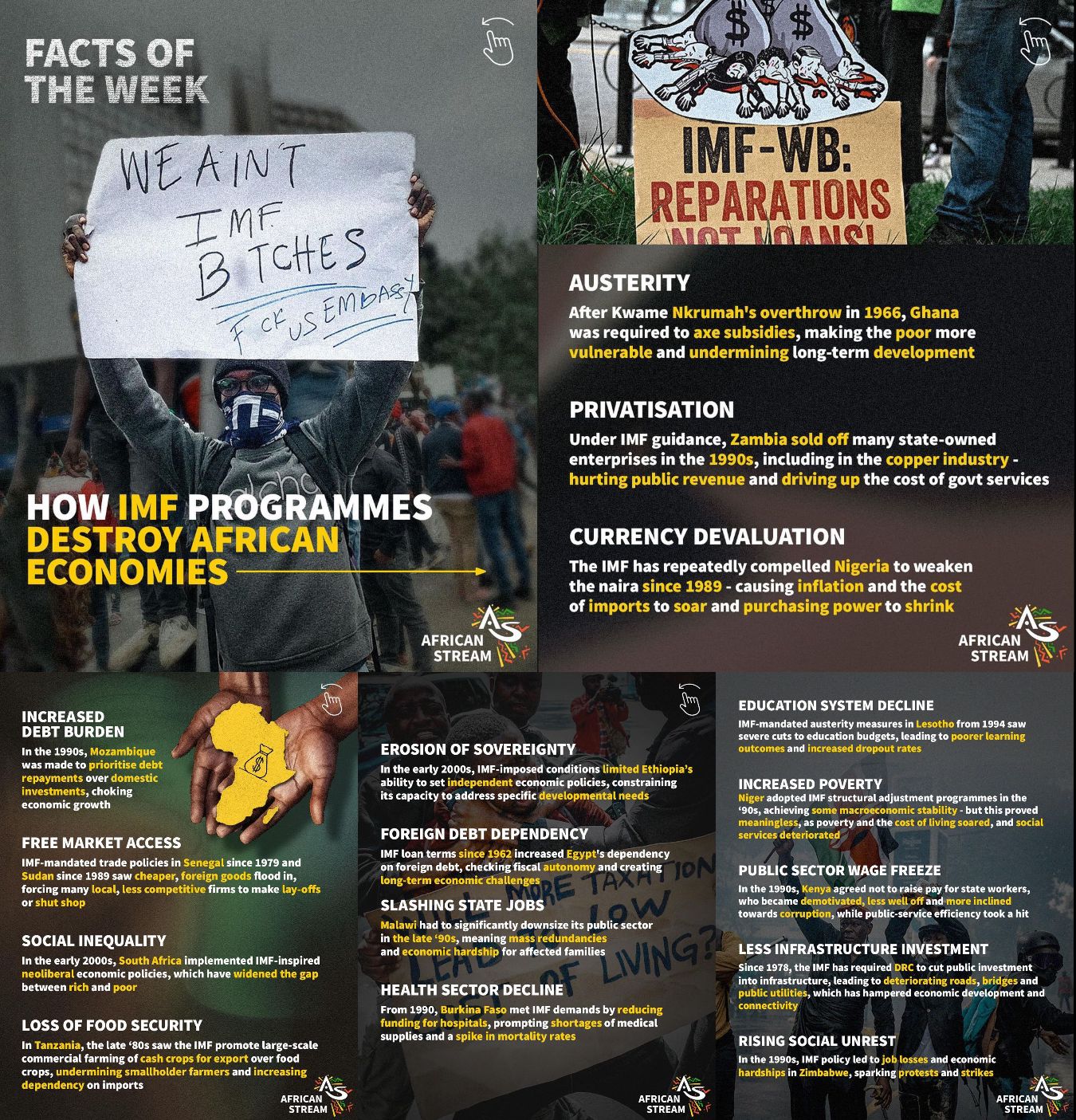Comrade Booker was detained for several hours and released, but the Kenyan government seized his passport and other travel documents. He has been charged with “Incitement to Violence.” This could have reached a tragic ending, as the Ruto régime has made others disappear, and is still an example of a bourgeois state cracking down on and punishing revolutionary Marxist-Leninists.
The Communist Party of Kenya went through a series of struggles in order to become what it is today. The Marxist-Leninist faction in the Social Democratic Party of Kenya won the leadership of the party and, in 2019, changed its name to the Communist Party of Kenya. The CPK announced that it was a communist party and the vanguard of the Kenyan proletariat and peasantry.
After getting the Kenyan régime to recognize it as a legitimate party, the CPK acknowledged two important things: 1. pre-revolutionary reforms aid the working class and peasantry and should be supported. 2. The party recognizes that its mission as the vanguard of the Kenyan people is to use revolutionary tactics to overthrow the Kenyan capitalist class and the [neo]imperialists, represented by William Ruto today.
Comrade Booker, in his autobiographical work, “Communist Party of Kenya and Manifestations of Class Struggle in Kenya,” said: “Kenya is a dictatorship, with a few wealthy people dominating all spheres of life. Capital is the dominating factor, with money, everything is for sale! Even people!”
With this fact in mind, Comrade Booker has fought the Kenyan big bourgeoisie, and for this the state repressive forces are trying to silence him. He acknowledged that he was lucky in that the police did not “disappear” him, an unfortunate risk of being a vocal communist living under a dictatorship of the bourgeoisie.
While the revolution is much bigger than just one person, Marxist-Leninists acknowledge the importance individual people can have in the experience and course of a revolution. It is one of the responsibilities of communists worldwide to demand that Comrade Booker’s life and freedom be maintained and that the Kenyan state keeps its hands off him.
The International Relations Committee of Workers World Party calls for the Kenyan state to drop the charges against Comrade Booker and allow him to live freely. We support the Kenyan people’s demand for the resignation of Ruto and all anti-proletarian/anti-peasant forces in Kenya.
Africa
186 readers
5 users here now
African news and politics
founded 4 years ago
MODERATORS
1
10
Socialists call for the Kenyan state to drop the charges against Booker Ngesa Omole
(www.workers.org)
2
3
4
5
6
7
8
9
10
11
12
13
14
15
16
17
18
19
20
21
22
23
24
25
view more: next ›




